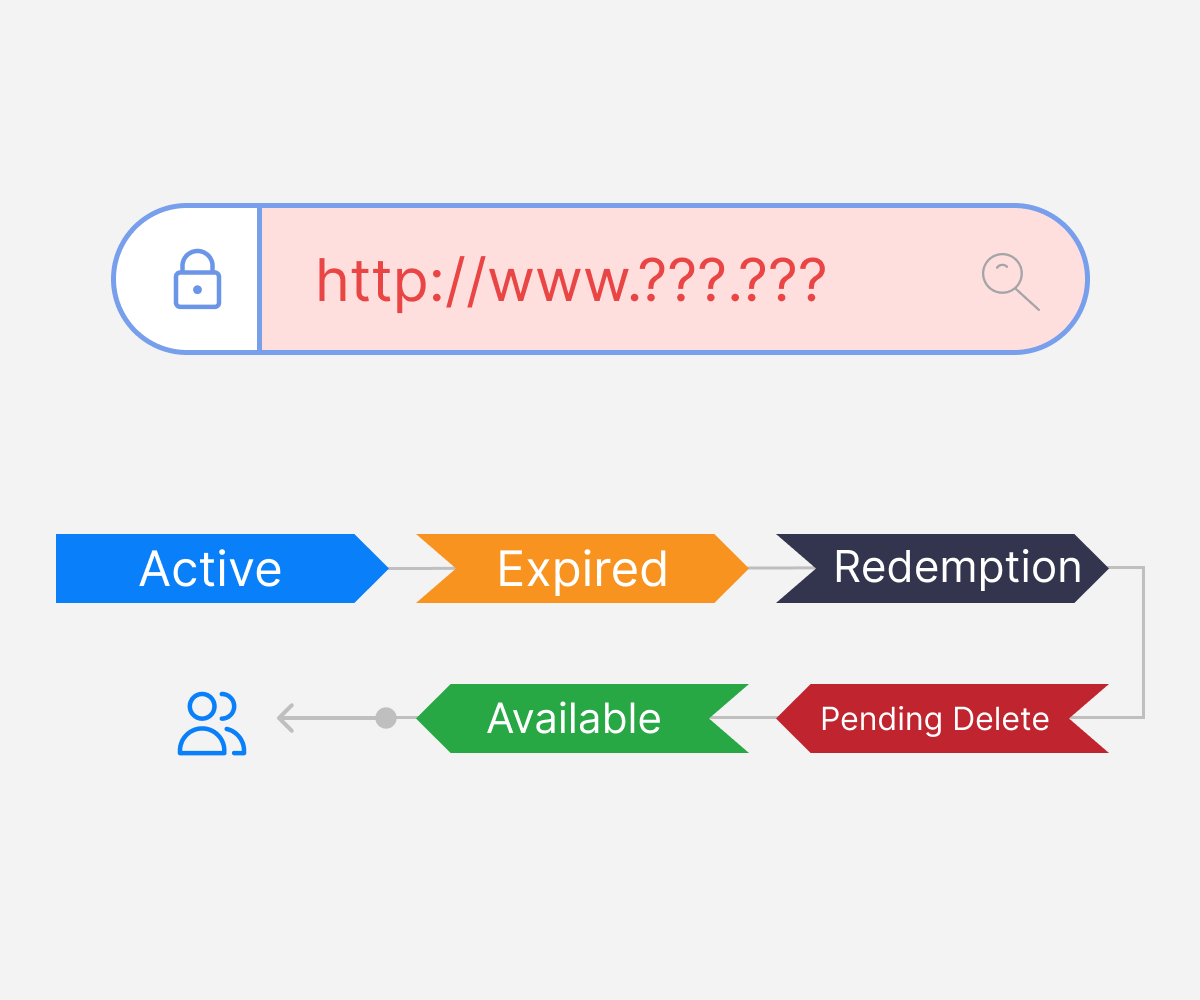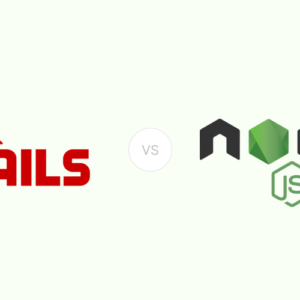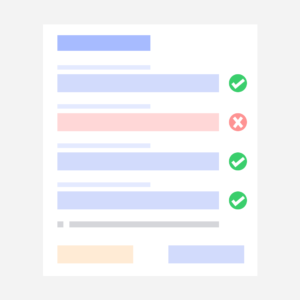In today’s digital age, a domain name is a crucial asset for any business or individual looking to establish an online presence. But what happens if you forget to renew your domain name? Understanding the lifecycle of an expired domain can help you avoid losing it and potentially facing significant consequences. In this blog post, we’ll walk you through the stages a domain goes through after it expires and what you can do to reclaim it.
The Lifecycle of an Expired Domain
1. Grace Period
Once a domain name expires, it doesn’t immediately become available for others to purchase. Most domain registrars offer a grace period that typically lasts between 0 and 45 days, depending on the registrar and the domain extension (such as .com, .net, .org, etc.). During this time, the original owner can renew the domain at the standard renewal price without any penalties. This period is designed to give domain owners a chance to catch any missed renewal notices and take action.
2. Redemption Period
If the domain is not renewed during the grace period, it enters the redemption period, which usually lasts around 30 days. This stage is a bit more critical, as the domain is still technically owned by the original registrant but cannot be simply renewed at the regular price. Renewing a domain during the redemption period often incurs additional fees, which can be quite substantial. This phase serves as a last warning for the domain owner to reclaim their domain before it moves closer to deletion.
3. Pending Deletion
Should the domain not be renewed during the redemption period, it then moves into the pending deletion phase. This phase typically lasts between 5 to 7 days, and during this time, the domain is in a kind of limbo. It cannot be renewed or transferred; it is simply waiting to be released back into the pool of available domains. At this stage, the original owner no longer has any claim to the domain.
4. Release and Availability
After the pending deletion phase, the domain is finally released and becomes available for registration by anyone. This is when the domain enters the public market and can be registered on a first-come, first-served basis. At this point, various parties, including businesses, individuals, and domain resellers, can acquire the domain. It’s also worth noting that some domains may be subject to backorder services, where interested parties can place a request to acquire the domain as soon as it becomes available.
Tips to Avoid Losing Your Domain
To prevent your domain from expiring and going through this process, consider the following tips:
- Enable Auto-Renewal: Most registrars offer an auto-renewal option. Enabling this feature ensures that your domain is automatically renewed before it expires.
- Keep Contact Information Updated: Ensure that your registrar has your current email address and contact details. Renewal reminders are often sent via email, so having up-to-date information is crucial.
- Monitor Expiration Dates: Keep track of your domain expiration dates. Setting reminders on your calendar can help you stay on top of renewals.
- Consider Multi-Year Renewals: Many registrars offer the option to renew your domain for multiple years at a time, providing peace of mind and reducing the frequency of renewals.
- Read Registrar Domain Policies: Familiarize yourself with your registrar’s domain expiration and renewal policies. Understanding their specific procedures and timelines can help you manage your domain more effectively.
Conclusion
Understanding the stages of domain expiration can save you from the hassle and potential loss of your online identity. By being proactive and aware of the grace period, redemption period, and pending deletion phase, you can take the necessary steps to ensure your domain remains yours. Share this information with others to help them avoid the pitfalls of domain expiration and maintain their online presence smoothly.



